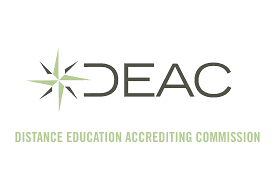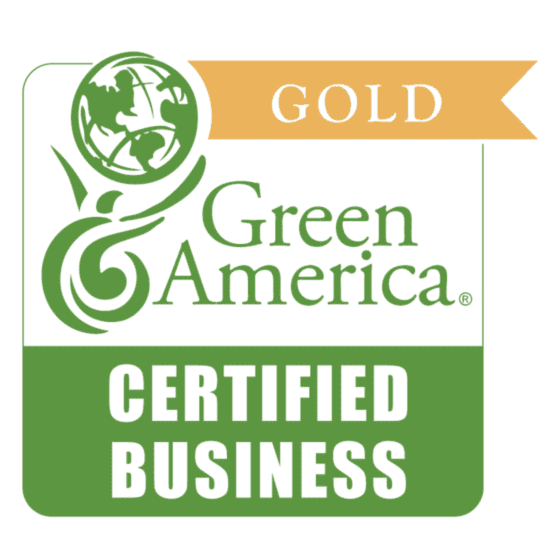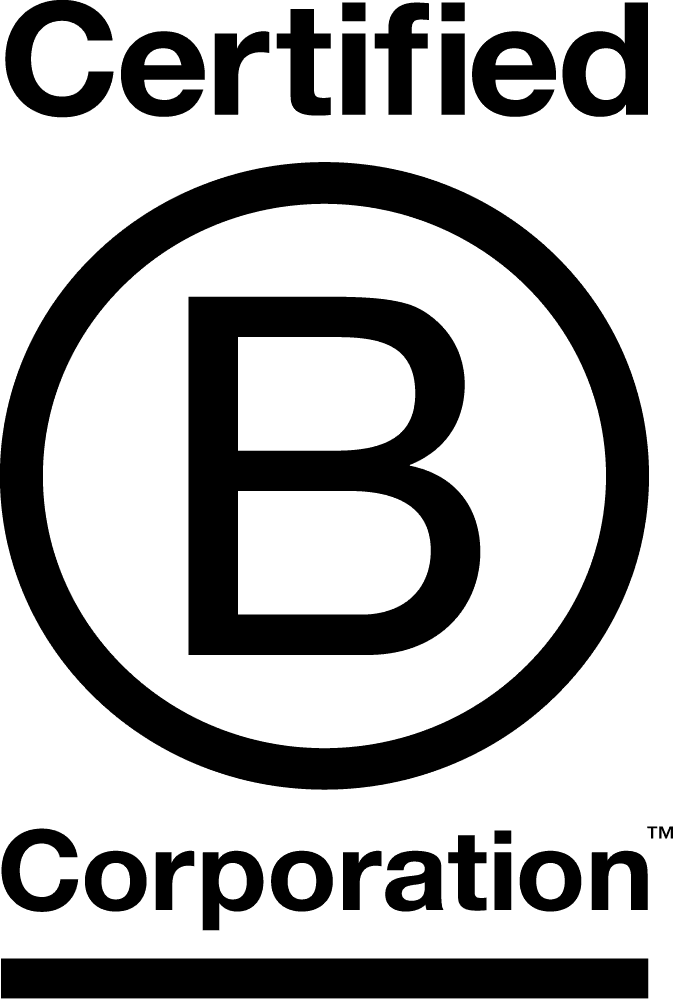The mission of the MS in Herbal Medicine degree program is to develop a practical and theoretical understanding of clinical herbalism and professionally apply this knowledge to educate clients and consumers about a mind-body-spirit approach to health and wellness.
Clinical herbalism consulting along with health and wellness coaching has become one of the fastest-growing areas of healthcare. Clinical herbalists play an integral role in the health and wellness industry. Recent research supports the use of herbal protocols for a number of clients including use for pain management for military service-related chronic pain,1 allergy management,2 a holistic approach to anxiety and depression related to PTSD,3 prehypertension,4 and integration at wellness clinics and as part of employee wellness programs.5
Integrate herbal medicine and wellness principles for personal health & wellness
Diversify a new or existing healthcare practice with an emphasis in herbal medicine and holistic protocols
Required Courses
View all ACHS instructors, including bios, photos, and courses taught.
Candidates must possess a baccalaureate degree or higher from an institution accredited by an agency recognized by the US Department of Education. Candidates must submit official transcripts directly from the issuing institution along with one professional letter of recommendation. All applicants must be recommended for admission by the ACHS Admissions Committee.
To estimate the program tuition and fees, click on the required course name to view each Total Course Price. Information is also provided in the Program Fact Sheet.




